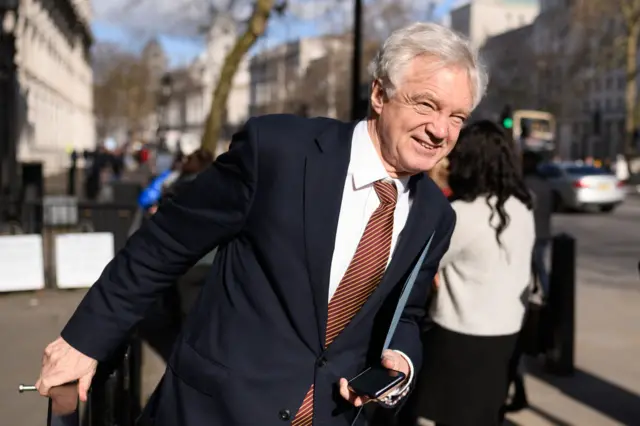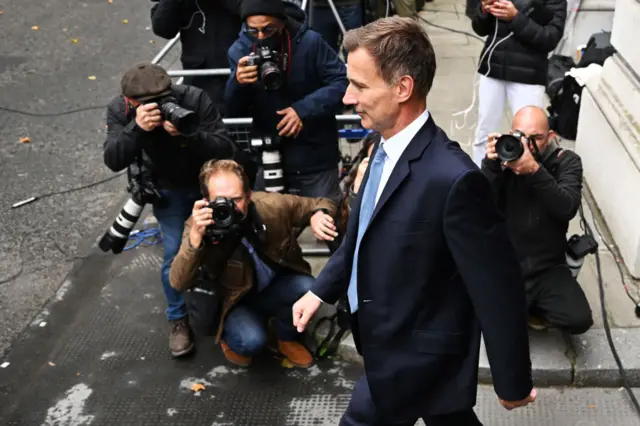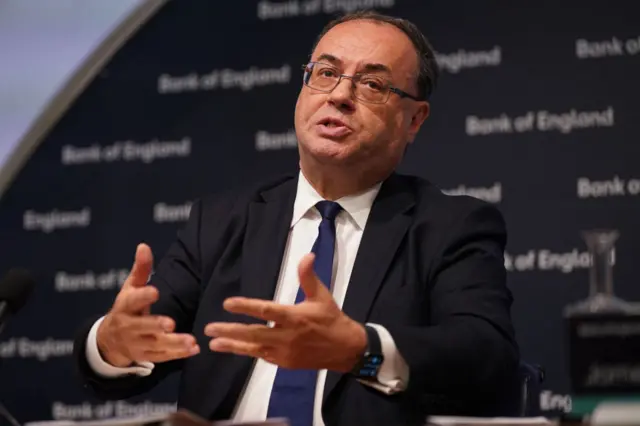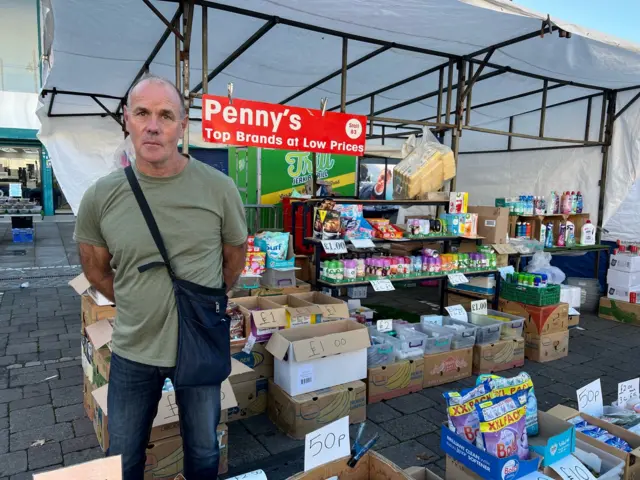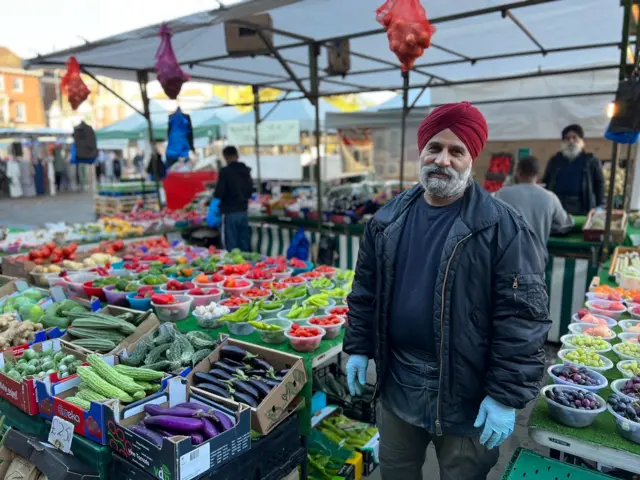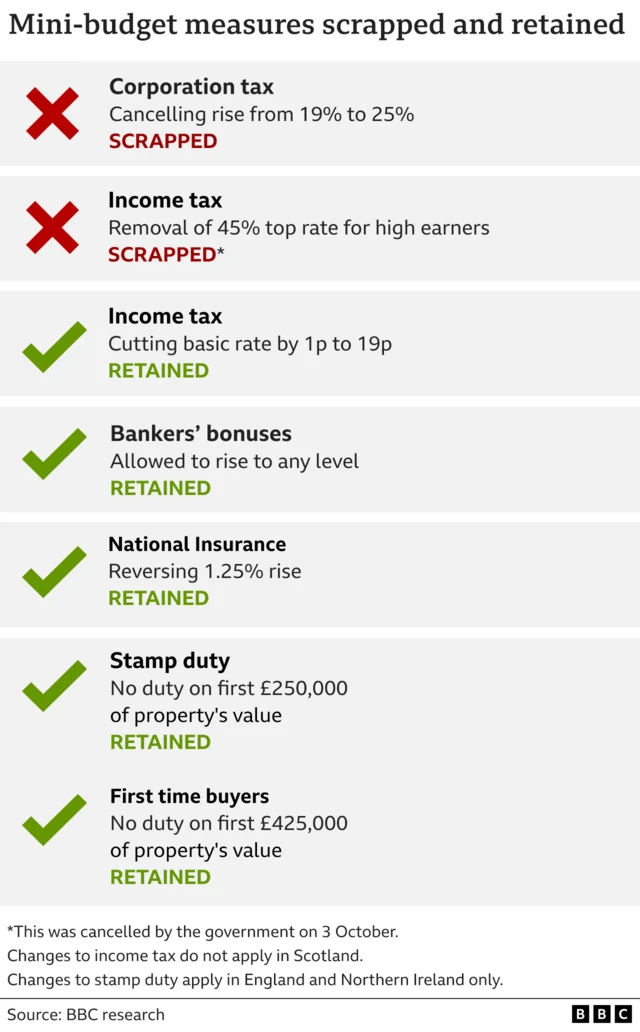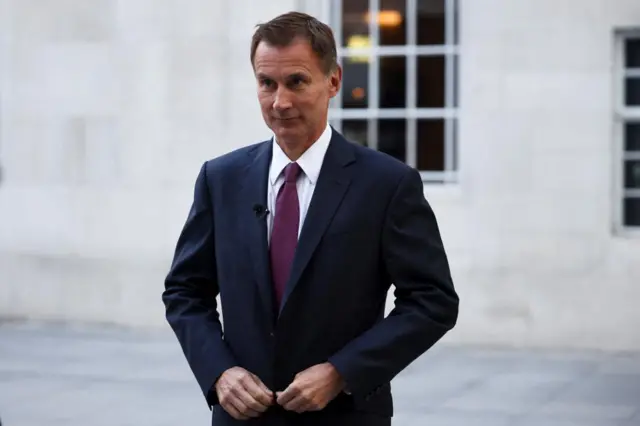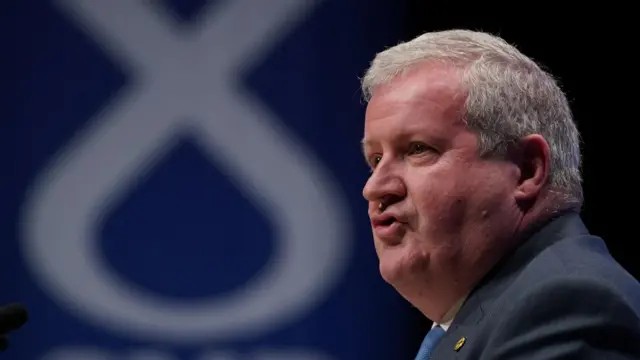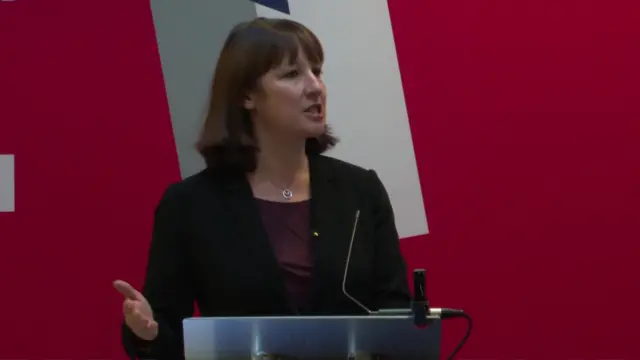Goodbye for nowpublished at 17:00 BST 15 October 2022
Hunt: Some taxes will have to go up
Thanks for joining us our live coverage of another busy day in UK politics.
Here's what went on:
- Newly-appointed Chancellor Jeremy Hunt said "mistakes" were made in the tax-slashing mini-budget announced by his predecessor Kwasi Kwarteng last month
- Hunt told the BBC that "difficult decisions" would now need to be made - include raising taxes in some cases, a squeeze on public spending, and cutbacks for government departments
- He refused to commit to a pledge from Boris Johnson's government to raise benefits in line with inflation - though he said he was mindful of the needs of the most vulnerable
- Hunt also confirmed to ITV that a fiscal plan due to be published at the end of the month would "pretty much" represent a new, "proper" Budget
- The Bank of England chief said he'd already spoken to Hunt, describing their conversation as "an immediate meeting of minds" on financial stability
- Andrew Bailey warned that the Bank may have to hike up interest rates even further than expected, in a bid to curb inflation that's driving cost-of-living pressures
- Prime Minister Liz Truss faced further criticism over her handling of the economy - with Labour leader Sir Keir Starmer accusing her of causing "grotesque chaos" and Asda chairman, Lord Stuart Rose, calling her a "busted flush"
- However, Truss retains the public backing of several cabinet ministers following a major policy U-turn on Friday
- MPs have paid tribute to Sir David Amess on the first anniversary of the murder of the Essex MP
- And actress Miriam Margolyes caused controversy by swearing live on BBC Radio 4's Today programme while discussing Hunt - for which presenters apologised - saying she thought she was off air
We're pausing our live coverage for now but you can still follow the latest developments here. Today's page was brought to you by Anna Boyd, James Gregory, Alex Therrien, Dan Coles and James FitzGerald.
